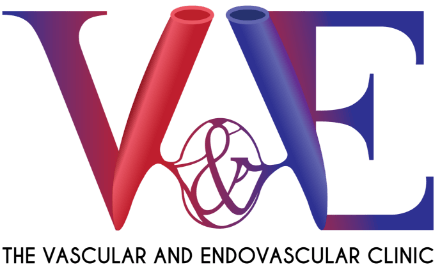Microwave ablation is a new minimally invasive treatment option for varicose veins that uses thermal energy to close off the affected veins. During the procedure, a small incision is made near the vein, and a catheter is inserted into the vein. The catheter delivers microwave energy to heat and seal the vein, causing it to collapse and eventually be absorbed by the body.
Microwave ablation is considered an effective and safe treatment for varicose veins, with a low risk of complications. It can relieve symptoms such as pain, swelling, and discomfort associated with varicose veins. The procedure is typically performed on an outpatient basis and has a short recovery time.
However, it’s important to note that microwave ablation is not suitable for everyone with varicose veins. It is typically recommended for larger varicose veins or individuals who have not responded well to other treatments.
Microwave ablation, laser ablation, and radiofrequency ablation (RFA) are all minimally invasive treatments for varicose veins. While each technique is effective in its own right, there are some advantages of microwave ablation over laser and RFA:
- Faster treatment time: Microwave ablation typically requires less time to perform compared to laser and RFA procedures. This can result in shorter overall procedure times and potentially reduced discomfort for the patient.
- Larger vein treatment: Microwave ablation is well-suited for treating larger varicose veins, including those with a diameter greater than 12 mm. Laser and RFA may be limited in their ability to treat larger veins effectively.
- Reduced post-procedure discomfort: Microwave ablation has been associated with less post-procedure pain and bruising compared to laser and RFA treatments. This can lead to a quicker recovery and improved patient comfort. The temperature reached by the microwave catheter is approximately 85 degrees, compared to RFA (120 degrees) and laser (> 800 degrees). Therefore, there is likely less risk of bruising and haematoma with microwave.
- Reduced risk of nerve injury: Microwave ablation has demonstrated a lower risk of nerve injury compared to laser and RFA procedures. The controlled and predictable heat distribution of microwave energy allows for a reduced risk of damaging surrounding nerves.
- Flexibility in treatment location: Microwave ablation can be performed in a variety of clinical settings, including hospitals, clinics, and office-based settings. This flexibility allows for greater accessibility and convenience for patients.

It’s important to note that the choice of treatment for varicose veins should be based on an individual’s specific needs and the expertise of your vascular surgeon. Factors such as vein size, location, and patient preference, will all play a role in determining the most appropriate treatment option.
Dr Tang was the first vascular surgeon in Singapore to use microwave ablation for varicose veins treatment. He is a key opinion leader using this device to block faulty veins in the setting of chronic venous insufficiency and has recently helped launch its use in Indonesia. The MAESTRO study led by Dr Tang at Sgh and Dr Wong at NUH whilst they were serving in the restructured system, showed excellent occlusion rates at one year with high satisfaction scores by patients – https://vascularclinic.sg/wp-content/uploads/2022/11/Pilot-single-arm-study-to-investigate-the-efficacy-and-safety-of-endovenous.pdf.











